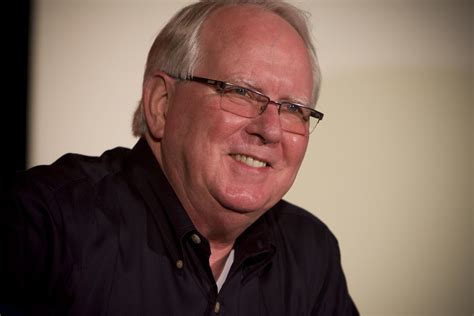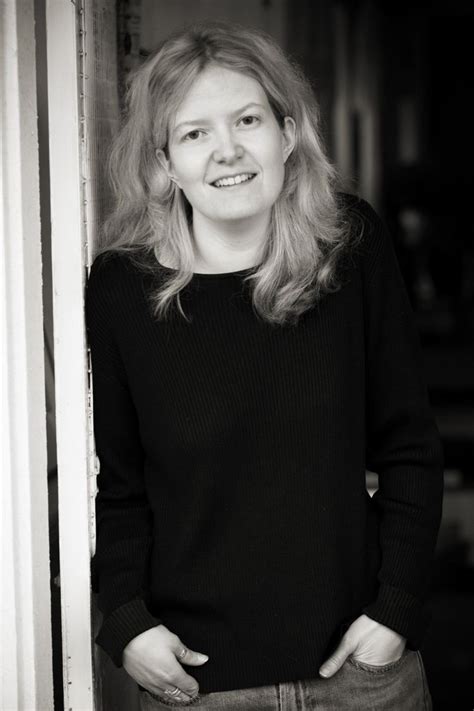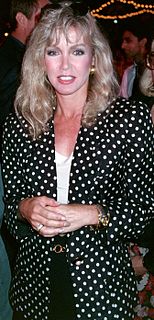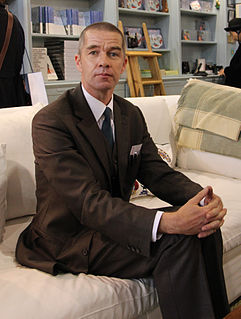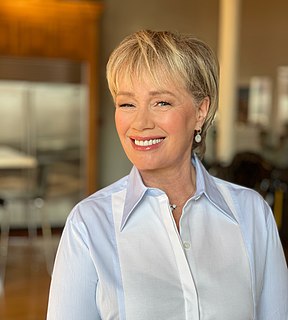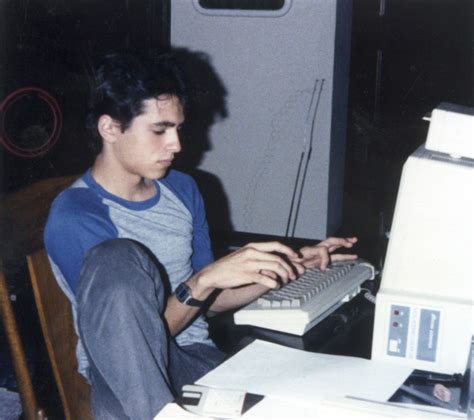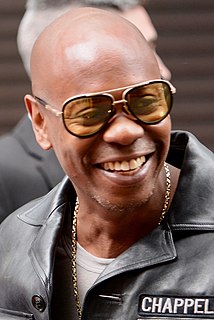A Quote by Steve Hayden
The competitors, like Commodore and Kaypro, were all doing speeds and feeds, whereas Steve always wanted things like “What is the significance in the world? How might this change things?
Related Quotes
I wanted to understand things and then be free of them. I needed to learn how to telescope things, ideas. Things were too big to see all at once, like all the books in the library-everything laying around on all the tables. You might be able to put it all into one paragraph or into one verse of a song if you could get it right.
If you wanted to create an education environment that was directly opposed to what the brain was good at doing, you probably would design something like a classroom. If you wanted to create a business environment that was directly opposed to what the brain was good at doing, you probably would design something like a cubicle. And if you wanted to change things, you might have to tear down both and start over.
It has to be an actress like Marion Cotillard [in Allied] because there are so many levels to it. It's set in the Second World War, when lots of people were doing things that, outside of a war, you wouldn't do, like killing and dropping bombs. She's doing things that one wouldn't approve of, but it's war.
The difference between a good educator and a great educator is that the former figures out how to work within the constraints of traditional policies and accepted assumptions, whereas the latter figures out how to change whatever gets in the way of doing right by kids. 'But we've always...', 'But the parents will never...', 'But we can't be the only school in the area to...' - all such protestations are unpersuasive to great educators. If research and common sense argue for doing things differently, then the question isn't whether to change course but how to make it happen.
Things like racism are institutionalized. You might not know any bigots. You feel like "well I don't hate black people so I'm not a racist," but you benefit from racism. Just by the merit, the color of your skin. The opportunities that you have, you're privileged in ways that you might not even realize because you haven't been deprived of certain things. We need to talk about these things in order for them to change.
